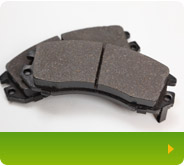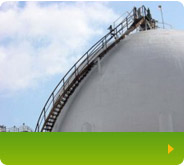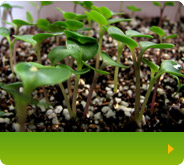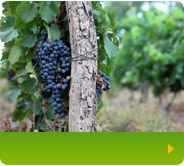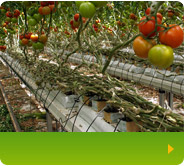There are an array of different growing mediums that can be used in hydroponics. Perlite is widely known as an extremely versatile inorganic mineral that, once expanded, can be used extensively worldwide for many different applications.
You’ll often find perlite as little white rocks that are commonly used as soil additives to help increase aeration and drainage of soil. In addition to its benefits to horticulture, perlite is also known to be one of the most reliable hydroponic growing mediums available. Plants grown in perlite do not suffer from over watering or under watering as perlite exhibits a unique capillary action in that nutrient rich water can be drawn up at the rate that is required by a plant.
Perlite can be used by itself or in a mix with other mediums. Unlike other growing mediums, it is able to take on the acidity or alkalinity of the liquids that saturate it. As perlite starts out neutral in pH, when it is rinsed or dried, the naturally occurring pH of 7.0 won’t have an affect on most indoor plants.
Another benefit to using perlite in hydroponics is that it doesn’t hold onto nutrients the same way other similar mediums such as soil, rockwool, coco coir, or even clay pebbles do. This means that perlite can be cleaned within a matter of minutes not days unlike other mediums. When removing root balls, perlite falls off with a gentle shake. In order to clean, simply remove all visible organic matter (mainly roots) and rinse the perlite. If you wish to sterilise the used perlite, simply soak it in a 10% bleach solution, and rinse thoroughly, after 20 minutes of soaking.
Not only are there many benefits of using perlite in your hydroponic garden, but out of the many growing mediums you can find, it is one of the cheapest.
Contact Exfoliators today about our Hydro-Perl Grow Bags that are being used extensively all over Australia including Melbourne and other major cities in the commercial and residential production of Tomatoes, Strawberries, Blueberries, Eggplant, Capsicums, Cucumbers, Gerberas and Roses!


